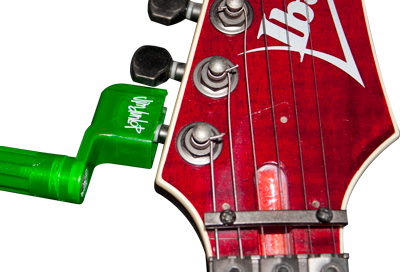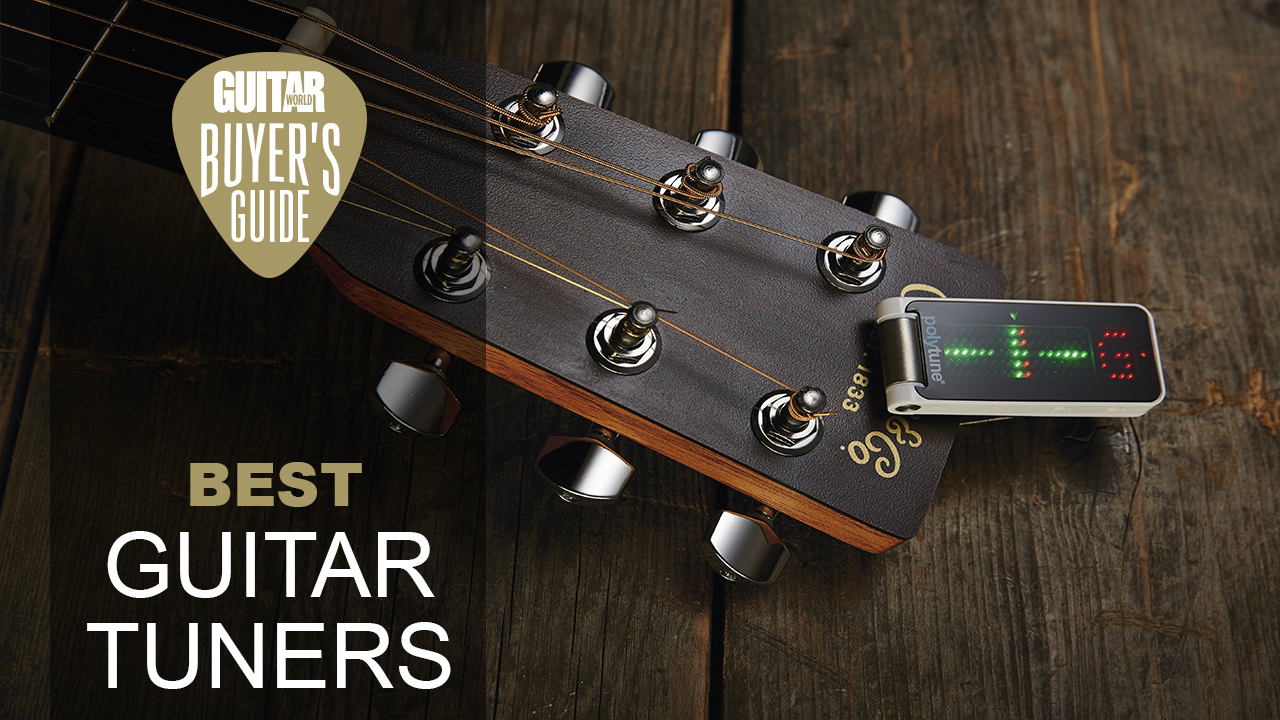

- Guitar tuner notes strings for d setup how to#
- Guitar tuner notes strings for d setup professional#
- Guitar tuner notes strings for d setup free#
Sound waves are made up of different frequencies, measured in Hertz (Hz). If you want to tune a guitar then you need to make sure that the string frequencies are spot on. Keeping your guitar in tune is the first skill you should master, it’s not difficult so no need to worry! This tuning guide should cover everything you need to know.
Guitar tuner notes strings for d setup how to#
It’s good to learn how to tune with and without a tuner and how to look after your guitar and it’s tuning pegs. S tandard tuning frequencies can also be measured in Hz. Standard guitar tuning, EADGBE, is the most common tuning for the tuned notes of your guitar strings. Even for more advanced players, there are some interesting things about tuning a guitar that you may not know. If you’re a beginner learning guitar, learning how to tune a guitar in standard tuning is the first thing you need to do. You should only turn a cello peg about a quarter-turn at a time, otherwise you might break a string.Posted on (Last updated ) by Open Mic UK But for all you dads out there 😉 if you must try, just move the peg a little bit at time.
Guitar tuner notes strings for d setup professional#
This is where it would really help to ask a professional to show you how. Tuning with pegs is a much trickier art and is usually where problems occur (like a broken string or slipping peg that won’t stay).
Guitar tuner notes strings for d setup free#
There are many free apps out there or tuner machines you can buy that will help you do this. However, to give you a general idea to get started: So, if you can learn how to tune from a professional, that would be safest and would save you the headache of broken strings or other issues down the line. The number one mistake we see with people learning how to tune is usually Dad tries to tune it (sorry, Dads, but that’s always been our experience!) and a string breaks. D would be D3, G is G2 and C is C2.įirst, it’s really best if you can learn to tune from your teacher or a trusted professional at a shop. If you’re using a tuner, the cello A string might be also called A3 or 220Hz. It’s important to tune to the correct octave for each string.

If you’ve already got some musical knowledge, you might have figured out that the strings are tuned in the interval of a fifth. When you’re looking at the cello, that’s going in order from right to left, or high to low, or skinniest to thickest. How is the cello tuned? What are the names of the strings? This is pretty important information, since all the other notes you play are based on these strings being at the correct pitch.


 0 kommentar(er)
0 kommentar(er)
